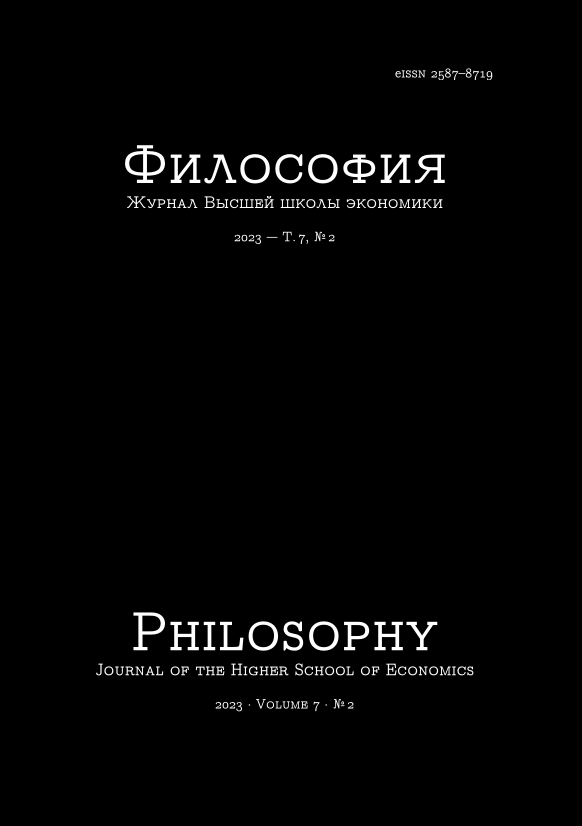The Persistence of Critique and the Impasses of Postcritique
Abstract
Changing critical practice in the humanities at the start of the 21st century can be meaningfully characterized as a “postcritical turn,” which, in all its diversity and intensity, is realized at the intersection of two processes. On the one hand, this is a process of exhaustion of traditional critique, immersed in the “hermeneutics of suspicion,” i.e., the ideological and symptomatic way of exposure, which has transformed over time into paranoid relativism. On the other hand, forming the “post-truth” dispositive, which devalues truth as a criterion and means of communication, thereby dissolves critique in skeptical fanaticism, relativism, and even nihilism. The article reveals the theoretical presupposition and motives of the “postcritical turn” in the humanities, its basic principles of postcritique, and its difficulties in updating traditional critique. The article's general argument is that, despite some well-founded claims by postcritique, by calling for positivity and reconciliation, it runs the risk of excluding critical points of view and liminal and radical ways of politicizing things. In light of the modern problematization of truth, facticity, and objectivity, the relationship between critique and postcritique should be understood not through the opposition of negativity and positivity but through the interaction and dialogue of methodologies. Postcritique in this context will mean the differentiation and pluralization of critique and the development of ways to interact with multiple forms of critique. The article begins with defining theoretical premises and motives for the exhaustion of critique. The postcritical idea of updating critique is clarified in the second part of the article. Finally, the concluding part explains the difficulties that postcritique encounters and which seriously complicate its attempt to renew critique.
Downloads
Copyright (c) 2023 Philosophy. Journal of the Higher School of Economics

This work is licensed under a Creative Commons Attribution-NonCommercial 4.0 International License.






